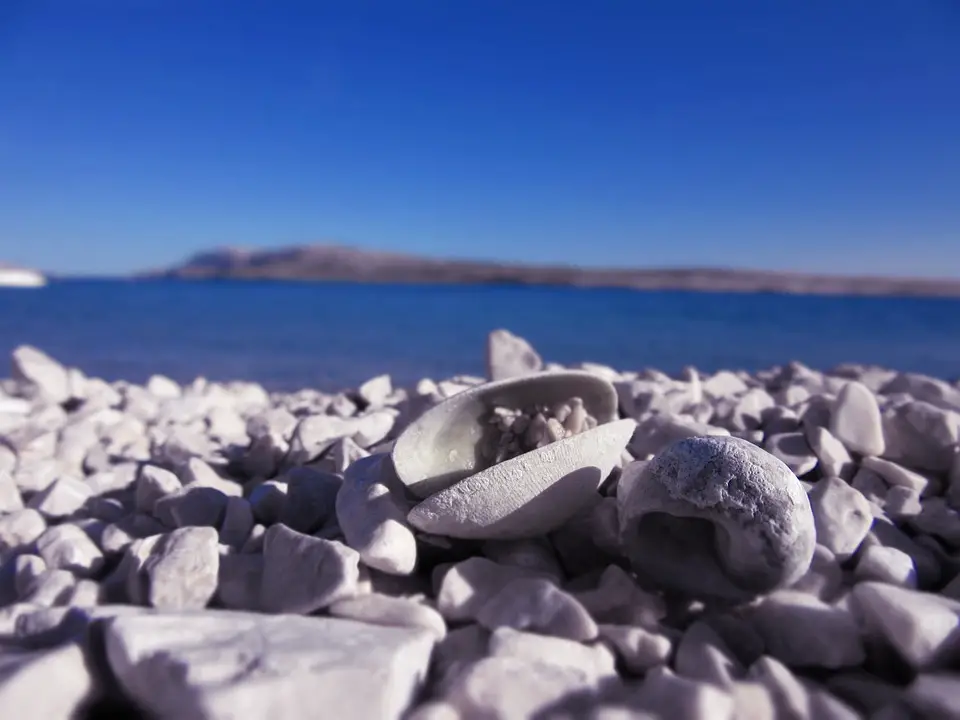As Poslovni Dnevnik/Marija Crnjak writes, the interest of investors and hotel brands in Croatian tourism has never been higher, which is partly due to the coronavirus pandemic that has made us delve into other virtues.
Croatia has a great opportunity to develop some new quality projects for Croatian tourism investment from both at home and abroad, it’s also an opportunity to restart the country’s tourism in much more sustainable direction than we were heading in before the global pandemic struck. Still, the big question is whether Croatia is ready for these investors and their demands and ideas, as well as changes to the value-added tourism model, or whether we will continue to boast about ”having results which are better than those of our competitors” in the second pandemic-dominated tourist season that actually happened, like many things do in and to Croatia, quite by accident.
Due to this attitude, Croatian tourism could end up very disappointed in 2022, from which a lot is already expected. This could summarise the messages sent in the two days of the ninth edition of the regional conference Adria Hotel Forum by the participants of a series of panels and discussions on the future of tourism after the pandemic and the sustainability of travel, climate change and even seasonality. While it’s not just an investment conference, investment and project development opportunities are always the number one topic.
“It’s true that so far we haven’t had such a large share of participants from abroad at the AHF, and never before has there been such an interest in the entire region, including Croatia. These are still not huge institutional investors, but regional ones, but that’s also a good direction to go in. The level of interest is particularly high for Albania, while Montenegro currently has a problem with political instability, which has made investors cool off a bit.
But while on the one hand investors are very interested, we still aren’t really seeing equal interest on the Croatian side, we don’t offer them any projects, it’s as if we don’t even need investment, but we’re once again focused on how great we did during the height of the tourist season, and we’re busy bragging about being the best in the entire Mediterranean. Just to remind you, Greece conducted a study back in April in which the most optimistic option was to return 70 percent of the flights they saw from 2019, and they returned 72 percent. We’ve raised our prices this year and we haven’t done much at all to make our next season any more stable,” said Marina Franolic, the regional director of Bench Events, which organises AHF.
Kristian Sustar, the development director of the well known Croatian Uniline agency with many years of experience in hotel management under his belt, agrees that the next tourist season could be a big disappointment for Croatian tourism as a whole.
“Our season lasted only a couple of months, and as much as the numbers were better than we expected, it was full of challenges for all sectors, agency traffic failed to make a come back, hotels were filling up only at the last minute, which means death for price policy. We missed the chance to sit down together and decide how we want to see Croatian tourism in the future, with no one looking at the long term. Next year we’re going to have a big disappointment on our hands,” believes Sustar.
Investors have their own view of things and although they claim that Croatia has changed significantly in the last ten or so years as a destination and as potential target for Croatian tourism investment, there are still very few concrete announcements to speak of. The only currently active developer at this conference was Slovak Ludovit Cernak, a partner in Sitno Holding that works on developing serious tourism and real estate projects on the islands of Ugljan and Hvar, and is full of optimism for Croatian tourism investment.
“Croatia will never be Cannes, but it will be a very important destination, and that’s why it is very attractive to investors at the moment. It is no longer seen as a cheap version of Italy or Spain as it was ten years ago, things have changed,” said Cernak, who claims that Ugljan has a chance to become the Croatian Caribbean.
Opportunities for expansion in Croatia’s wider region are also sought by various hotel companies, which are interested in the Adriatic coast, but also in cities such as Zagreb and Belgrade, Bratislava. David Jenkins, the vice president of hotel development at Radisson sees these cities as locations for lifestyle and fashion hotels. Takuya Aoyama from Hyatt said that we shouldn’t forget the continental part of Croatia which lies away from the coastline. He was the only one to mention the need to open a hotel in Slavonia, which longs for such projects.
The global coronavirus pandemic has forced hotel companies not only to become much more flexible in contracting with their owners, but also to play around more with products and offers – digital solutions for things like checking in have accelerated, rooms can now also be turned into workspaces and dining rooms can be exercise rooms. That said, it seems that Croatia still has some way to go before Croatian tourism investment becomes more concrete, interest means very little when nothing is put into place to make investors sign on the dotted line.
For more, make sure to check out our dedicated business section.








